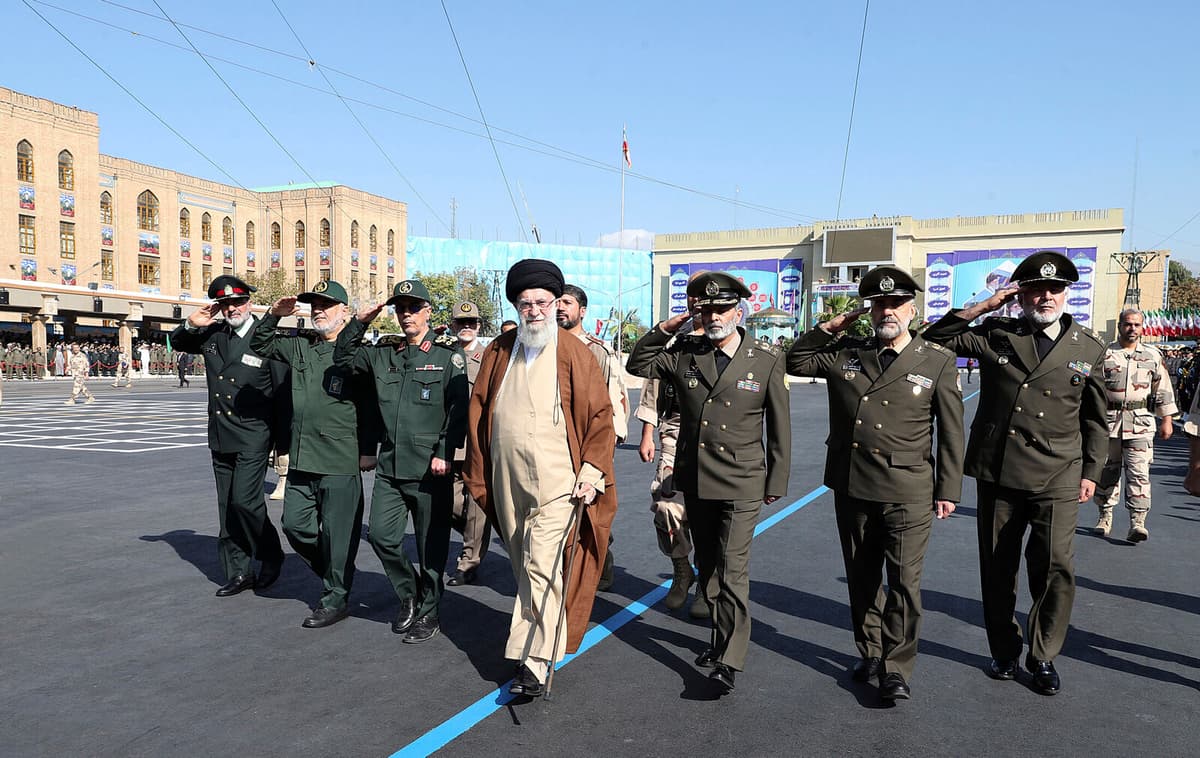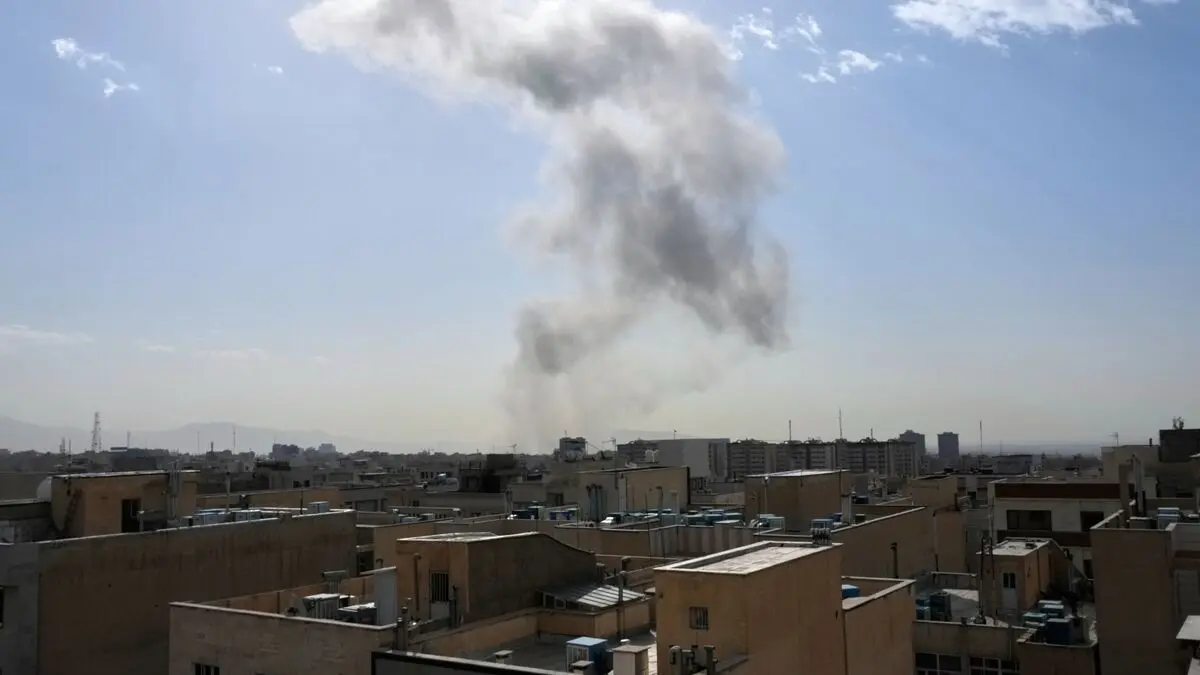Both Israel and Iran are expected to continue the night's historical escalation with new attacks. To eliminate Iran's nuclear energy program – which is described as Israel's goal – is believed to require more attacks from Israel.
Extensive Iranian attacks with ballistic missiles and drones are expected to occur more or less immediately. Iran is said to have replenished its stockpile of ballistic missiles since last year's projectile rain against Israel. Just a few hours after Israel's nighttime attacks, over 100 Iranian drones were launched.
However, there is a possibility that Israel has preceded Iran's previously prepared counterattack by striking at Iran's missile depot during the night.
Terrorist attacks
Iran has previously said that American targets in the region may become the subject of attacks – which is likely the reason why US President Donald Trump withdrew non-essential American personnel from the area before Israel's attack.
Iran has a conventional military, but it is the Revolutionary Guard, whose leader Hossein Salami was killed by Israel during the night, that has the greatest power in the country and among its allies in the region. The Revolutionary Guard is specialized in asymmetric warfare and there is a risk of terrorist attacks against Israeli and Jewish targets elsewhere in the world than in the Middle East.
Iran is also believed to be able to strike at shipping in the area, for example through its ally the Houthi movement in Yemen, which has attacked ships in the Red Sea in recent years.
In recent times, Iran's relations with its arch-enemy Saudi Arabia have begun to warm up somewhat. However, some analysts believe that Iran can still strike at oil installations in Saudi Arabia, in order to destroy them for the US and disrupt the world economy.
Weakened influence
Despite the fact that Iran's military influence in the Middle East has been severely weakened after Israel's multi-front war against several of its allies, the country is Israel's largest and most heavily armed enemy – and has promised to strike hard.
At the same time, there is a concern that the hardline regime in Tehran, which has faced increasing opposition from its own population in recent years, may see a war as an opportunity to unite the Iranians.
This was the case when the Islamist regime was formed after the 1979 revolution, when the bloody war against Iraq that followed in the years that followed managed to mobilize the already critical population to resist a different enemy than the country's own leadership.






